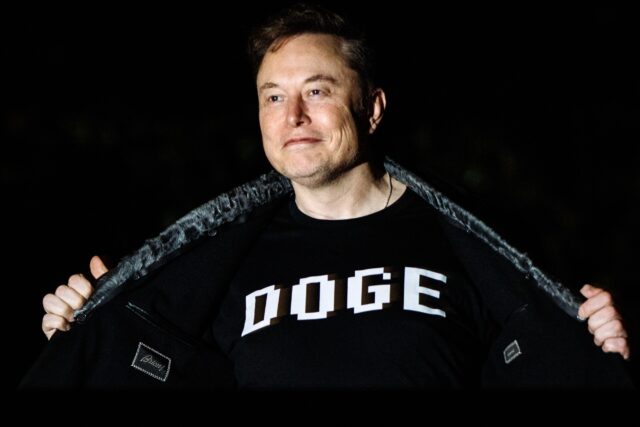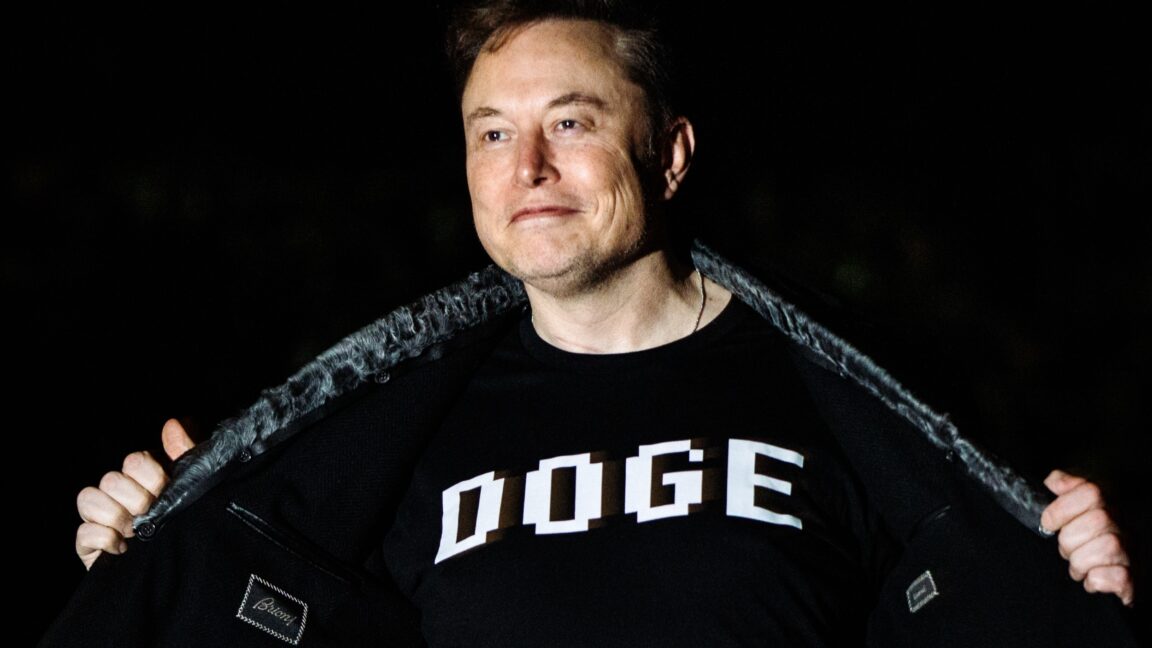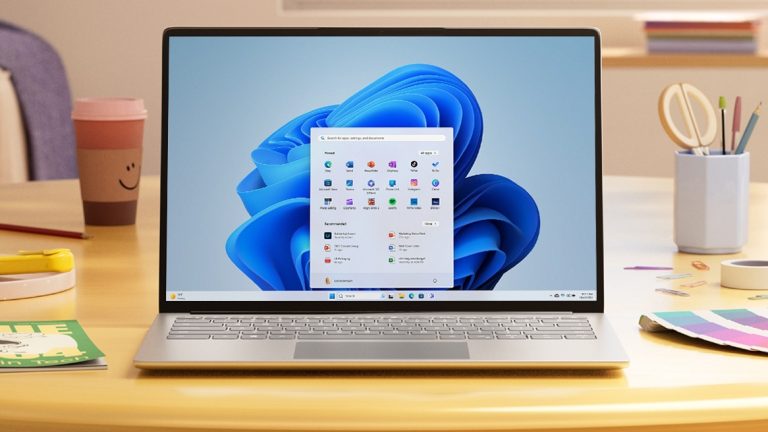Elon Musk and the Department of Government Efficiency (DOGE) don't have to turn over information related to their government cost-cutting operations, at least for now, a federal appeals court ruled yesterday.
A federal judge previously ruled that 14 states suing the federal government can serve written discovery requests on Musk and DOGE. Musk, DOGE, and President Trump turned to the US Court of Appeals for the District of Columbia Circuit in an attempt to block that order.
A three-judge panel at the appeals court granted an emergency motion for a stay in an order issued yesterday, putting the lower-court ruling on hold pending further orders from the appeals court. "Petitioners have satisfied the stringent requirements for a stay," the panel ruling said. "In particular, petitioners have shown a likelihood of success on their argument that the district court was required to decide their motion to dismiss before allowing discovery."
Musk, DOGE, and Trump filed a petition to quash the district court's discovery order at the same time that they filed their emergency motion for a stay. The appeals court did not rule on the petition to quash the discovery order. The three-judge panel included judges appointed by George H.W. Bush, Barack Obama, and Donald Trump.
The states suing the US alleged that "President Trump has delegated virtually unchecked authority to Mr. Musk without proper legal authorization from Congress and without meaningful supervision of his activities." They sought "planning, implementation, and organizational documents," but no emails, text messages, or other electronic communications.
US District Judge Tanya Chutkan denied a request for depositions but otherwise found the states' discovery requests to be "reasonable and narrowly tailored to their request for injunctive relief."



 Loading comments...
Loading comments...
